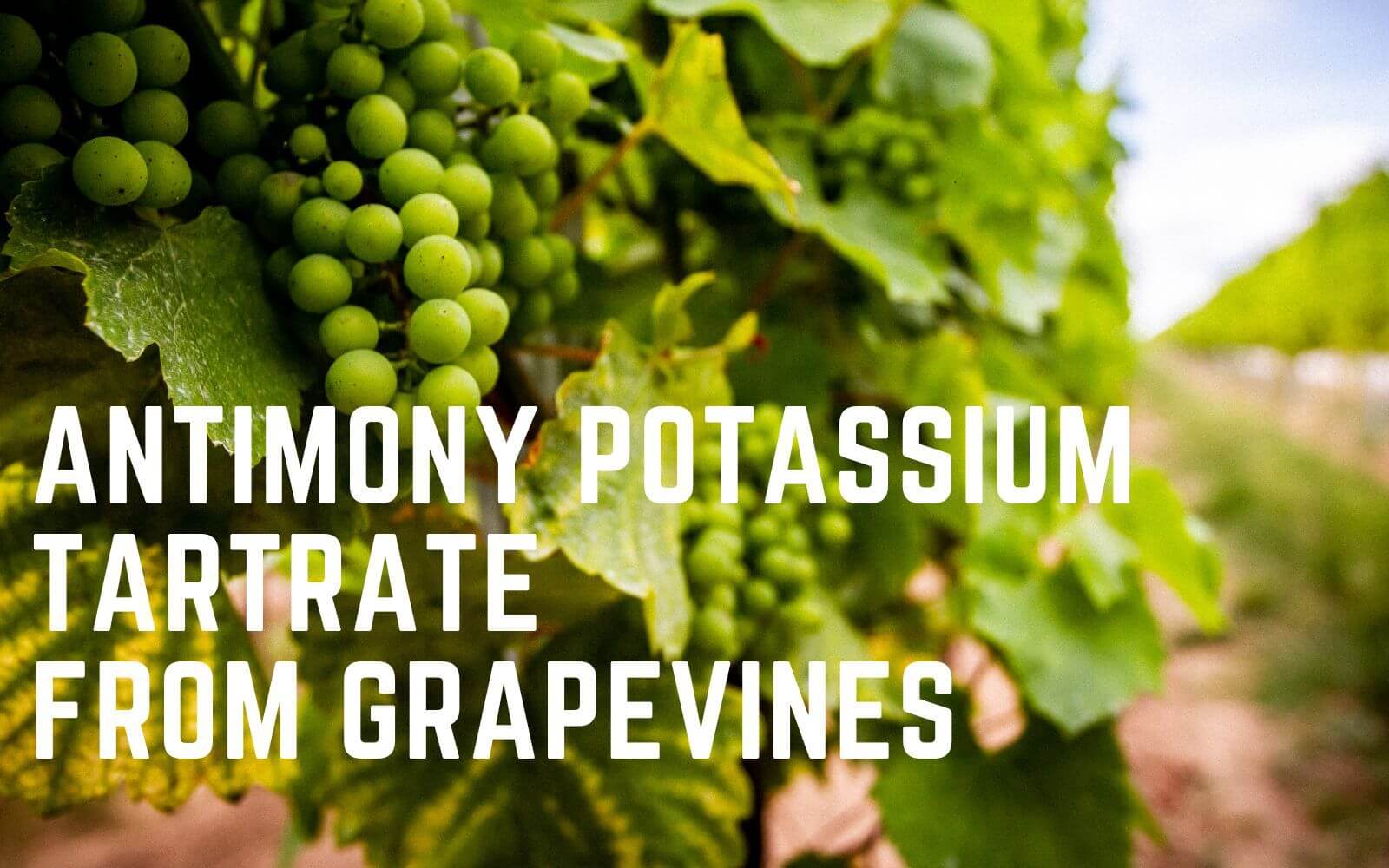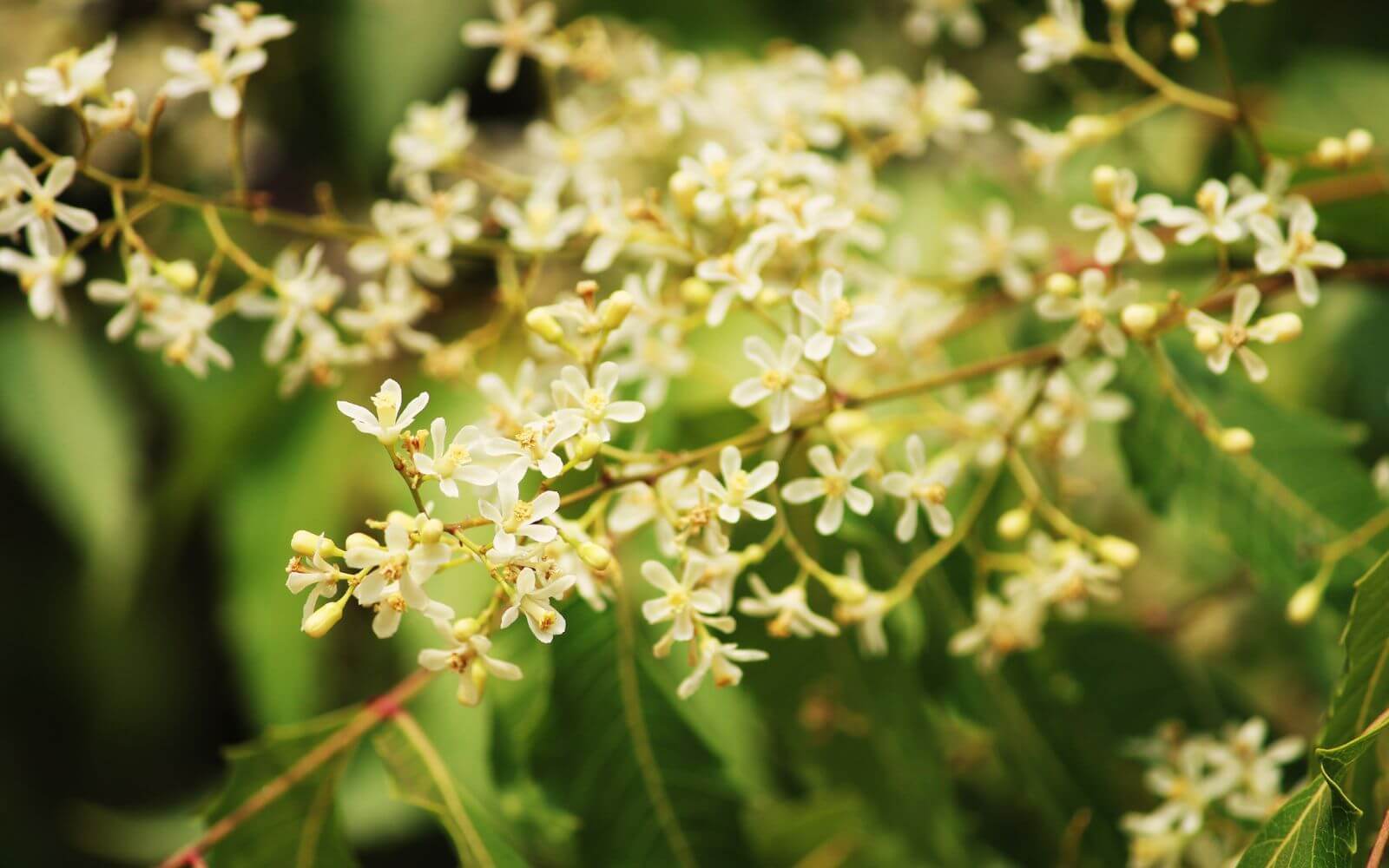
Potato disease as a chance against Candida albicans
Rapidly increasing antibiotic resistance is a global problem that constantly motivates researchers to search for new compounds.
A European research team has now succeeded in discovering a new antifungal antibiotic: solanimycin. This compound was originally isolated from a pathogenic bacterium that infects potatoes. It is produced by a broad spectrum of plant-pathogenic bacteria.
Laboratory studies showed that solanimycin is effective against Candida albicans. Candida albicans is a fungus that occurs naturally in the body and can cause systemic infections, some of which can be serious. Solanimycin could therefore be of importance not only for human medicine, but also for agriculture.
Solanimycin from the bacterium Dickeya solani
Solanimycin is produced by the pathogenic potato bacterium Dickeya solani. More than 15 years ago, researchers began to investigate its antibiotic potential in more detail. Incidentally, solanimycin is not the first antibiotic to be derived from this microbe. For example, oocydin A comes from D. solani, which is also highly effective against fungal plant pathogens.
Interestingly, the researchers were able to determine that the bacterium only produces solanimycin when it makes sense. A very specific level of acidity, such as that found in the potato, triggers the process. The production of the active ingredient is very complex for the protozoa – it therefore only forms it when it is in its victim and is the only one who wants to benefit from its nutrients.
Further tests should now show to what extent the active ingredient is suitable for clinical and agricultural use.





 4c media
4c media